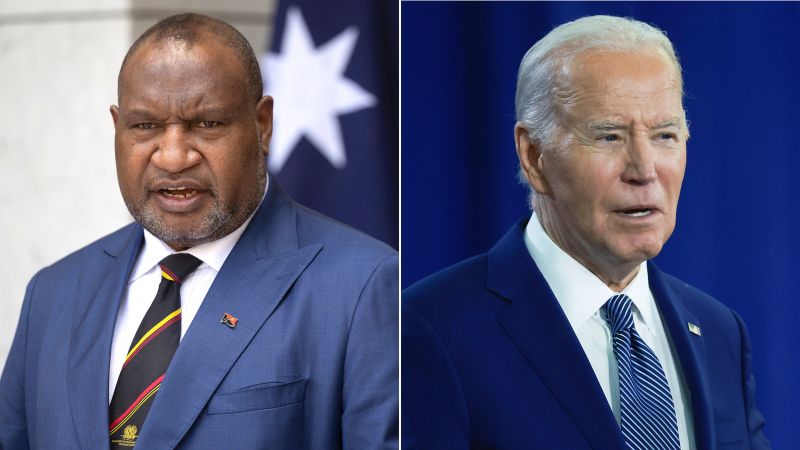Beginning with the fateful day when US President Joe Biden made what is now referred to as the ‘cannibalism’ remark, the global conversation about Papua New Guinea’s cultural practices has surged. This controversy speaks to a wider issue: the ethical boundaries of international diplomacy and cultural sensitivity.
The remark in question involved Biden citing an example of different cultures and traditions across the world. He mentioned the alleged practice of human cannibalism in Papua New Guinea decades ago, provoking significant backlash due to its unflattering and inaccurate depiction of the Pacific nation. The remark is seen as poorly researched and ignorant of the country’s progression.
The nation of Papua New Guinea, boasting over 800 distinct cultural groups, has significantly moved away from alleged practices of cannibalism. Those were said to be practiced in specific cultural circumstances, often related to warfare and ceremonial practices – and even these reports are contested by academics and local people alike. It is critical to mention that this allegedly happened centuries ago and there is no evidence of it continuing now. It is thus faulty and inappropriate to single out the country on account of historical hearsay.
The immediate backlash from Papua New Guineans and international observers alike centered on the ways that these remarks perpetuated stereotypes and created a false narrative of a supposedly ‘barbaric’ society. Papua New Guinea’s social welfare minister, Wake Goi, called out the remarks as offensive and damaging, demanding an apology and stating that the country deserved respect.
Social media, too, became a platform for the voices of Papua New Guineans who wished to rectify the antiquated view of their nation. Where citizens once felt overlooked on the global stage, they used the incident as an opportunity to take control of their country’s narrative and elevate their voices, challenging outdated stereotypes, and promoting their progressive society.
In considering this controversy, it’s also vital to factor in the Western-centric views that often dominate global political discourse. These remarks inadvertently highlight the need for Western nations, particularly those in significant power, to understand and respect the cultural diversity of the world.
The issue of cultural sensitivity in this context is paramount. Misjudged or misinformed comments from world leaders can reinforce existent stereotypes and perpetuate damage to a country’s international reputation. The impact extends beyond the immediate political sphere, influencing social, economic, and developmental aspects of a nation’s relationships with the rest of the world.
Adding to the controversy, these comments from President Biden, a leader who campaigned with promises of unity, compassion, and understanding, stand firmly against his described ethos. Many see it as a callous oversight for a leader of his stature to make such a sweeping yet misinformed claim.
In the aftermath of these comments, there’s no denying the critical learning curve that this incident presents. Cultural sensitivity, accurate representation and respect for global diversity are non-negotiable aspects of international diplomacy. Global leaders should take this as a lesson learned – cultural assumptions and stereotypes must be left in the past where they belong.




